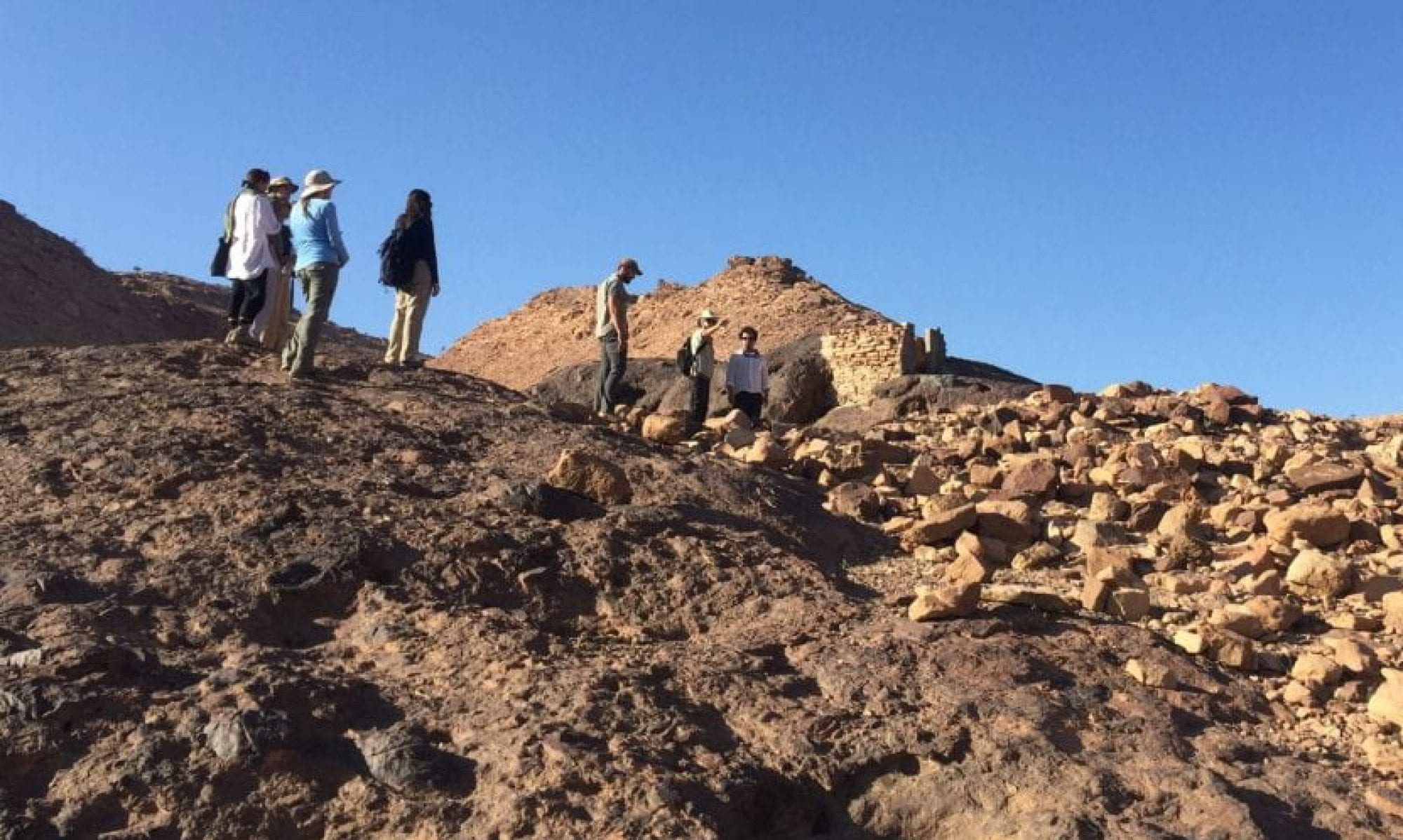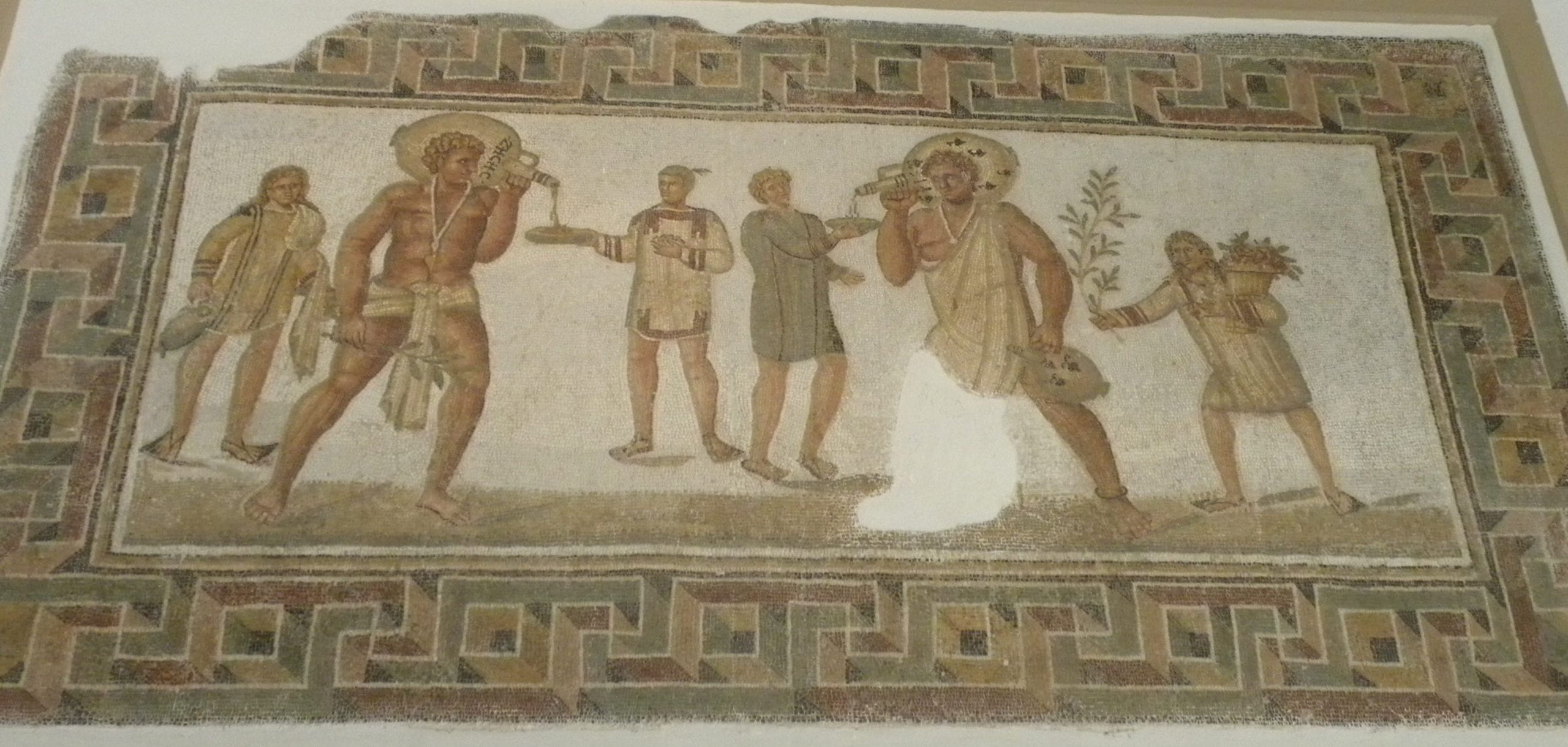For the 2014/15 academic year, the Worlds Divided group met for three hours to discuss the issue of inequality through a series of different thematic lenses. Each subtopic was discussed over the course of two meetings. In the first meeting dedicated to a particular theme, the group worked through selected core readings that address the issue of inequality in relation to that topic. These readings were selected from both ancient and modern contexts, and relied upon the wide-ranging collective backgrounds of the workshop participants. In the second meeting, one or two participants presented their own dissertation research in relation to the given theme.
For the 2015/16 academic year, the organization of the workshop will shift to reflect the advanced stages of candidacy of our participants. We will continue to meet bi-weekly for 2 hours to discuss the issue of inequality, focusing primarily on the writing of our participants. We have maintained a core group from the previous year’s workshop, benefitting from the shared theoretical background we have developed through our readings. The addition of a number of other students in the advanced stages of candidacy will add interesting new angles to our discussions, particularly those who have read exclusively on the theme of gender throughout the 2014/15 year—a theme the Worlds Divided workshop only touched upon briefly.
Almost all of the members of our group will be regularly producing dissertation chapters, so we will begin immediately workshopping dissertation work in the fall term. Our goal is to have every participant produce two chapters in the course of the year; those on the job market will particularly benefit from receiving feedback on written work during the autumn application cycle. As in 2014/15, each participant may also provide one or two pieces of secondary reading to provide background or additional context for her or his own work.
The 2015/16 workshop will also continue to invite featured visitors to serve as discussants. We have selected two visitors from within the Brown community, and two visitors from other institutions. Each visit will involve a private discussion with the workshop group, centered on pre-circulated writing of one or two of our participants and a piece of writing by the visiting scholar. These speakers have been selected to reflect the research and interests of our participants, addressing the interactions between inequality, material culture, and the lives of the past. As with the extremely fruitful visits of external scholars during the workshop in 2014/15, we hope our 2015/16 visitors will also provide valuable feedback, guidance, and inspiration to our participants as we move closer to the completion of our respective dissertations.
(Photo credit: Andrew Dufton)

